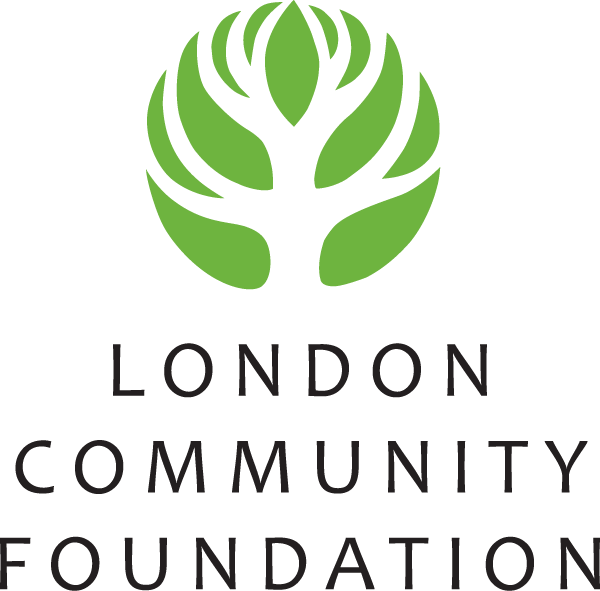Community Vitality Update - Southwest Ontario Aboriginal Health Access Centre
Community Vitality Update - Southwest Ontario Aboriginal Health Access Centre
Food insecurity is becoming more and more prevalent in London and Middlesex County. Our 2022 Vital Signs reported a 51% increase in usage at London Food Bank between August 2020 and August 2022. When Southwest Ontario Aboriginal Health Access Centre (SOAHAC) applied for a Community Vitality Grant in 2022, they shared with us a concerning 470% increase in clients reporting food insecurity to their healthcare provider from 2018 to 2021.
SOAHAC was awarded a 1-year, $135,000 grant to run a pilot of their Minomode-zewin nunge-gehwin (Healthy ways of eating) project – a unique pilot project that addresses food security amongst urban Indigenous families by offering a Traditional Foods Bank while also using food as a means of cultural healing and reconnection, as participants gain knowledge through storytelling.
With the pilot almost at an end, the project has so far served an average of just under 200 people each month using the food bank. Since many of the items the food bank distributes are seasonal, SOAHAC arranged for hunters, fishers, and fall harvesters to provide extra food that could be stored so people still had plenty of choice over winter, ensuring they could operate under the “take what you need” approach they set out to work under. This approach saw team members at SOAHAC open and staff a dedicated phone line for people to use, so they could arrange in advance what food they’d like to collect and when they’d like to do so within the designated collection slots. This keeps the process of pick-ups streamlined for staff, who are running the program alongside fulfilling their existing roles at the organization – often giving up their personal time to do so.
The project hasn’t been without its challenges, though. The “take what you need” approach is quite labour-intensive, so the recruitment of student volunteers from Western University was a big help to the staff. The main issue though, was an unexpected eight-month delay in moving into a new facility.
“The facility move and delay left us without a functional kitchen for the better part of this year,” Jocelyn Zurbrigg, a dietitian at SOAHAC, explained in early October. “We are relying on "taste testing", recipes and other forms of sharing instead of the hands-on cooking demonstrations that we planned.”
Thankfully, SOAHAC was able to move into their new site in late October 2023, which has allowed for those hands-on demonstrations to start taking place. A new team of volunteers from Western is now also aiding the research side of the project – conducting and filming interviews with 18 participants to learn about the importance of having access to traditional foods.
“We cannot wait to show the community the results,” Jocelyn says. “The impact stories that I have been hearing are incredibly moving and helpful for us as we move forward with our plans to continue the Traditional Food program. We have heard how food connects them with their ancestors and how it helps them with their health.”
For more information about SOAHAC and the importance of the Minomode-zewin nunge-gehwin project, listen to our podcast where we talked to Jocelyn and her colleague, Nancy Buchanan, shortly after the grant was awarded on our website, Spotify, or wherever you get your podcasts. A full journal on the project is also available online at the Multidisciplinary Digital Publishing Institute.

